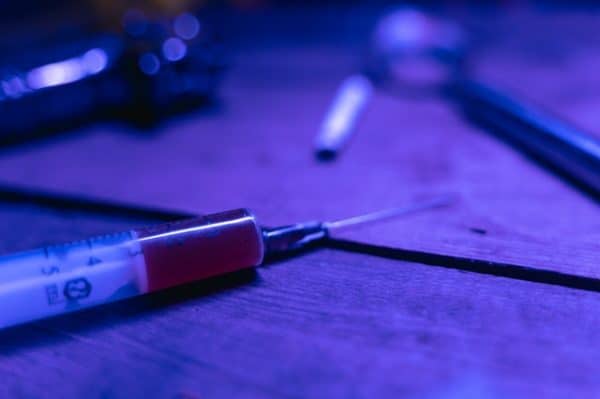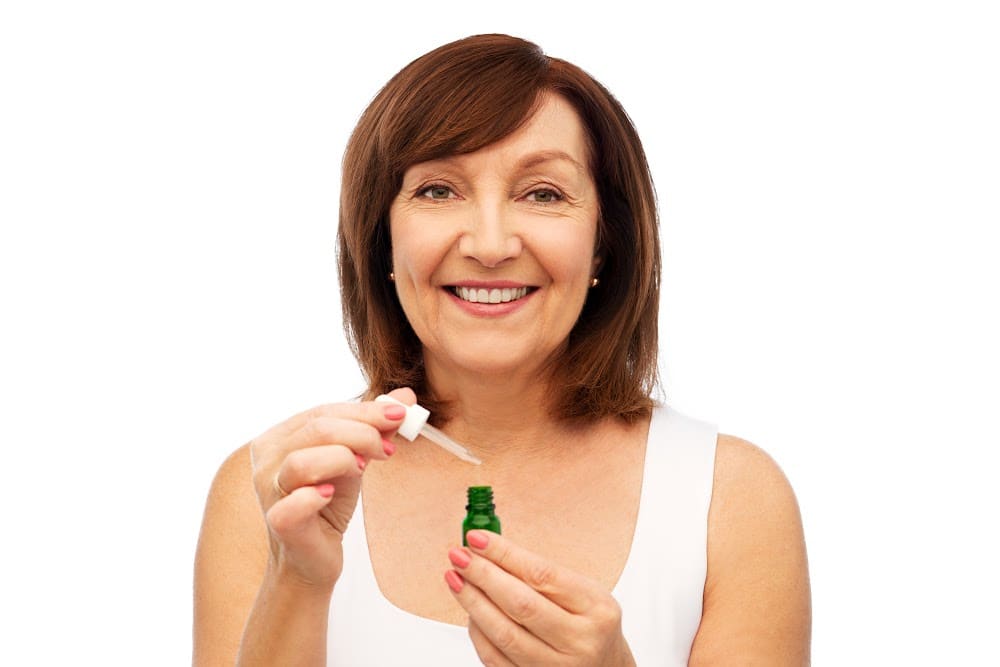Drug and alcohol addiction is a frightening and grim realm. Abuse of alcohol and drugs can strike anyone, at any time, regardless of age or social status. That is why it is so important to understand the addiction and where you can turn to find help whether it be attending your local AA meeting or visiting detox centers in Greeley Colorado. Help is out there, you just need to find what works best for you and your loved one.
Substance abuse is thought to be an illness that affects the lives of those around you. But how do you assist a loved one who is abusing drugs or alcohol? It’s difficult to persuade addicted family members to consider, let alone attend, drug rehab such as https://www.infiniterecovery.com/.
When we learn how to support our family and friends and learn about drug recovery for ourselves, we will heal. When an individual is addicted to drugs or alcohol, they are more likely to have psychological health and functional difficulties, both short-term and long-term.
Their loved ones, such as spouses, parents, infants, colleagues, and other family members, are also prone to suffer. It is imperative for those who care for someone who is dealing with substance abuse addiction to understand the symptoms of drug and alcohol abuse and how to assist better the individual that needs it. Furthermore, it is essential that friends and family members look after themselves.
Symptoms of Drug or Alcohol Abuse
An individual dealing with substance addiction can exhibit a wide range of symptoms, according to the National Institute of mental health. Many might well be inner occurrences for that person; however, the following symptoms may be visible to others:
- Increasing or often looking inebriated
- Problems of cognition and memory are becoming more prevalent
- Developing issues at school and work
- Being lethargic
- sleeping more
- sleeping odd hours
- feeling unwell or tired
- one’s career may be jeopardized
- abandoning their studies
- Visiting social functions only if narcotics or liquor are accessible
- being inebriated prior to the event
- Extorting money or possessions to buy the drugs
- When asked about their drug abuse, they become furious, depressed, or lash out
- Telling lies about the drug or even how much they use
- If they’re not able to consume the drug, they experience withdrawal symptoms.
- Weak grooming and a neglected appearance
When people with drug abuse issues are intoxicated, they are more likely to act differently than during their sober times. The addict is likely to say or do vile things, and they are more inclined to take extremely dangerous actions, such as drunken driving. Loved ones can experience extreme worry and fear as a result of these behavioral issues.
Using Influence As Opposed To Control
Those who love battling addiction might attempt to coerce them into seeking treatment at some stage. Even if the individual agrees, their attempt to resolve the addiction can fail.
Addiction is not a decision that a person may make; it is a compulsion that prevents them from stopping using drugs or alcohol on their own. With continuous underpinning of their yearnings, the addict’s brain’s risk/reward core then becomes transformed.
Blaming them or attempting to shield them from repercussions would not benefit a person suffering from addiction; neither you nor the addicted person has influence. In the life of a person dealing with drugs or alcohol, loved ones may have a significant impact.
Getting several loved ones together to organize an intervention might be a means of expressing affection and encouragement while also establishing limits around addiction habits – as long as it is well-planned and based on supporting the addict. Even simply sitting the individual down and speaking calmly, clearly, and concisely about their issues can have an effect.
Overall, proposing social support and advice on drug recovery undertakings, among other techniques to restore health and soberness, can prompt the individual to accept support.





